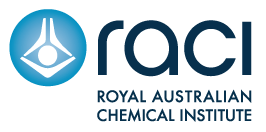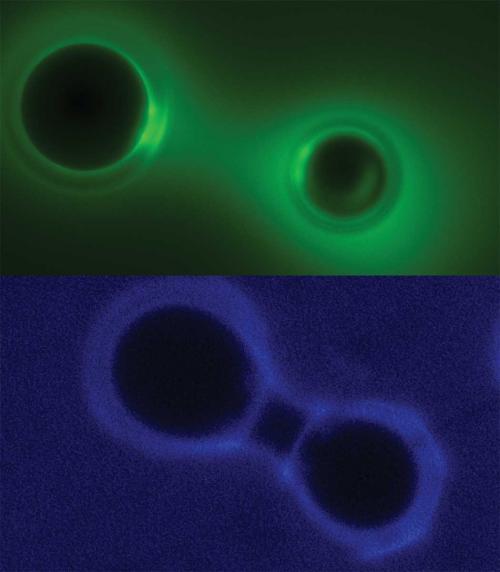The formation of bubbles at electrodes is a ubiquitous problem in technologies from batteries to industrial smelting. An adhering gas bubble will mask a portion of the electrode, preventing fresh solution from reaching it. Consequently, electrochemists and engineers unanimously regard surface bubbles as redox-inactive passivating entities. But now a team of researchers from Curtin University, the Australian National University, the University of New South Wales and the University of Western Australia has demonstrated that this is not case: bubbles adhering to an electrode surface initiate the oxidation of water-soluble species under conditions for which such reactions would normally be considered impossible (Vogel Y.B., Evans C.W., Belotti M., Xu L., Russell I.C., Yu L.-J., Fung A.K.K., Hill N.S., Darwish N., Gonçales V.R., Coote M.L., Iyer K.S. Ciampi S. Nat. Commun. 2020, 11, 6323). By coupling fluorescence microscopy, electrochemistry and multi-scale modelling, the researchers revealed that the corona of a surface bubble accumulates an unbalanced excess of hydroxide anions, reaching pH 14 even in ultra-pure water. This excess causes the oxidation of hydroxide to hydroxyl radicals to occur at potentials more than 0.7 V below tabulated values. The downhill oxidation shift in a bubble’s corona is likely to be a general mechanism involved in the initiation of heterogeneous electrochemical oxidations in water and could be harnessed in chemical synthesis.


The Royal Australian Chemical Institute's magazine for and about the chemical science professions

